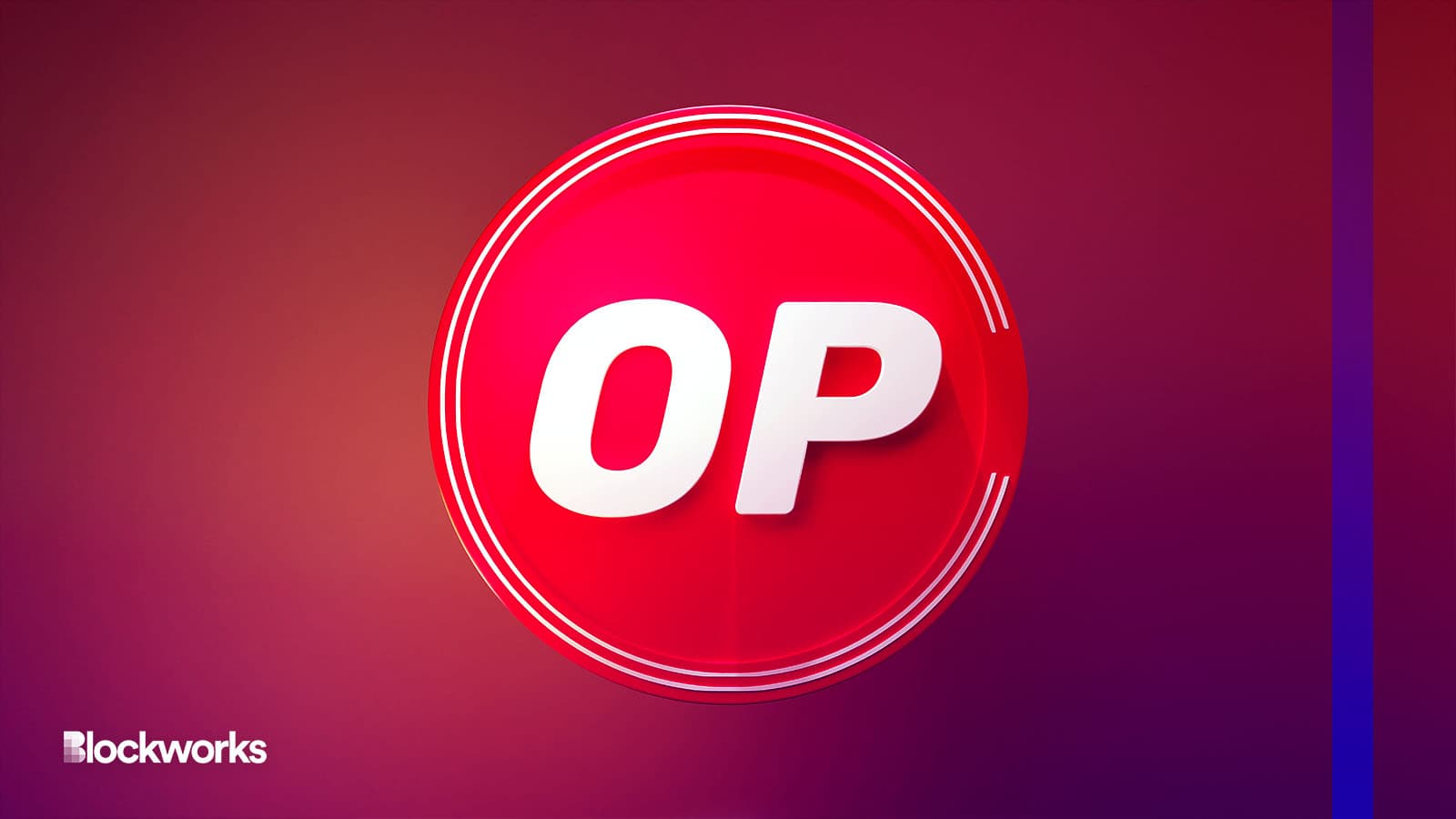Optimism sees reduced gas fees following Bedrock
Optimism bedrock has seen reduced gas costs already, now the team is preparing for its next steps to bring its superchain vision to life

CryptoFX/Shutterstock, modified by Blockworks
It has been a week since Optimism’s Bedrock release, and the layer two scaling solution has already seen positive results.
One particular area that has gained attention is the significantly lower gas costs.
At a glance, average gas fees per transaction, payable in USD and ETH have decreased by 74.5% and 73.9% respectively.
The cost to Optimism users for data storage on Ethereum mainnet have also decreased by over 55%.
Fees to send ETH on Optimism are now less than that of Starknet but still higher than Arbitrum One and zkRollup technologies Polygon zkEVM and zkSync Era.
Though this is the case, the cost to swap tokens on Optimism is lower than that of the two popular zkRollups, but still slightly higher than Arbitrum.
Plans to go interchain
A huge part of the Bedrock upgrade was to prepare Optimism for a Superchain future.
“It’s the one upgrade we’ve been really looking forward to taking off and laying the foundation,” Head of DeFi at Optimism Labs Smit Vachhani said in a Twitter spaces. “It begins the modular rollup paradigm for us…we’re going deeper into that world of re-using the technology that is modular, flexible, reusable and future-proof.”
Vachhani notes that there will be a larger roadmap coming out in the following weeks related to moving into the interchain world.
“I think we’ve been thinking about things [as] very chain specific, but if you remove core parts of infrastructure from the realm of tech dev, developers start tinkering with the apps more and start tinkering with the tech more, and I’m excited about what comes out of that,” he said.
Optimism will be taking time to look to understand what users and developers need and then determine the next action steps, Vachhani said.
“We understand that teams have been building interoperability for a long time and there’s a lot to be gained from working with those teams, so in an ideal world I would love the collaboration route rather than the competition route,” he said.
Get the news in your inbox. Explore Blockworks newsletters:
- The Breakdown: Decoding crypto and the markets. Daily.
- 0xResearch: Alpha in your inbox. Think like an analyst.






